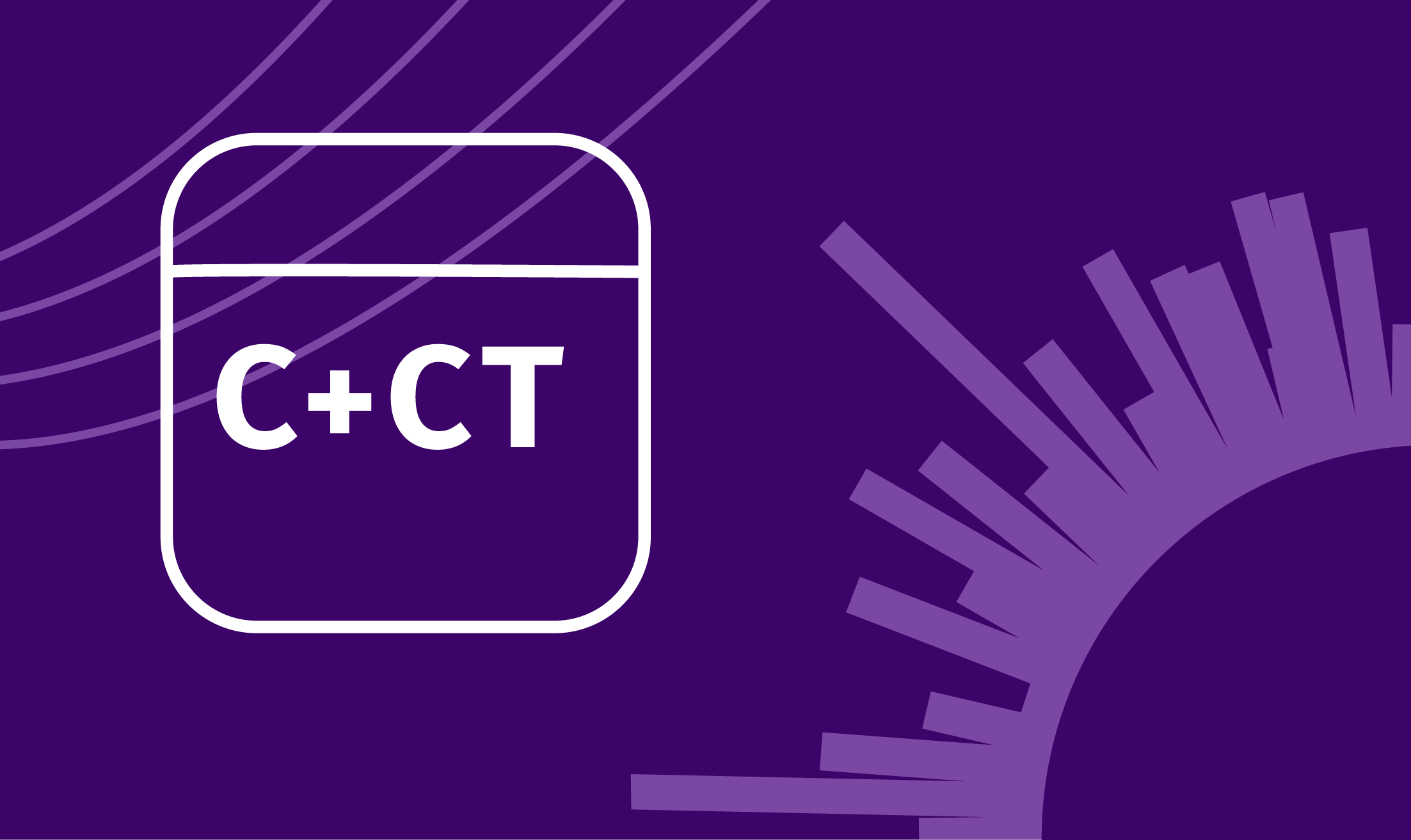
Michael Lamoureux
Michael Lamoureux is a Professor of Mathematics at the University of Calgary who serves as the Innovation Coordinator of PIMS. Lamoureux has previously served as Chair of the Department of Mathematics and Statistics at the University of Calgary. Lamoureux has an active research program at the interface of harmonic analysis, wave propagation, and numerical methods with applications to problems in geoscience. Courses in complex variables and industrial mathematics leveraging Jupyter have been developed and delivered by Lamoureux. Lamoureux is also the lead author of an e-book on Jupyter and the platform’s usage in teaching and research.


